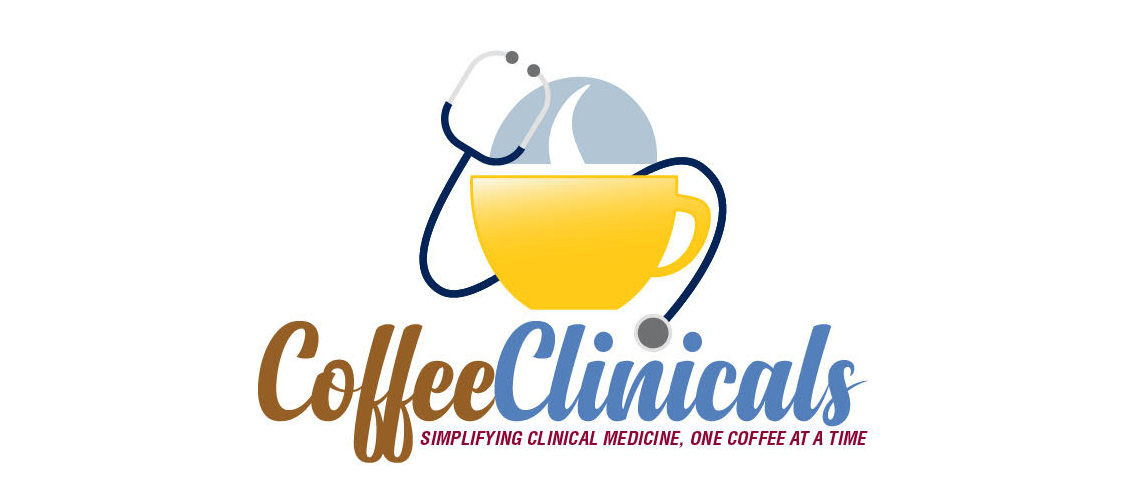
Sleep is essential to life – inability to sleep is fatal. The quest for valuable sleep has spawned innovative businesses like the sleep bus of Hong-Kong and made melatonin popular – even more so in countries where you can buy it over the counter. With melatonin’s perception as ‘vitamin sleep’, American kids have been feasting on melatonin , a couple deaths reported too. But does melatonin really work ? To understand it better, let’s first do a short Part 1 about Melatonin basics that will help grasp clinical aspects in Part 2.
Honest to blog – Melatonin is stupid confusing ! It’s everywhere – and am not talking just store shelves – surprisingly even coffee contains melatonin & even raises our melatonin levels. Fruits like bananas & oranges contain decent amounts of melatonin that can raise our levels . This “hormone of the dark” (hence the term ‘melatonin ?’) is secreted in small amounts from the Pineal gland in our brain in response to sustained darkness sensed by our retina.
💡 First, understand that Melatonin DOES NOT directly cause sleep, rather it creates body conditions to facilitate and maintain sleep (lower ‘energy’, body temperature & blood pressure, activate repair mechanisms, relax body during REM sleep dreams, etc.). On the other hand ‘Adenosine’ is our natural sleep molecule that builds up during our day & enhances sleep pressure via adenosine receptors. Caffeine works by blocking adenosine ‘sleep receptors’ and can block sleepiness.
💡 Secondly, understand the natural 24-hour Melatonin cycle in our body. This 24-hour Melatonin graph shows a steady rise at evening as it gets dark, a peak around 3-4 AM then a rapid decrease to morning. Notice how melatonin levels peak closer to waking time and not your bedtime and will touch on the importance of it later. (Would taking melatonin supplement change the natural peak time ? )
💡 Third, understand how Melatonin levels change as we age. This age v/s melatonin graph shows how after a rapid peak at age 10-14 years, we make less and less melatonin and significantly less after age 55-60. ( So do young people even a melatonin supplement ? )
The idea of taking a melatonin supplement is to enhance our own natural levels without disrupting the natural cycle and to plug in deficits. With these basics in mind, we will cover melatonin supplementation in Part 2 soon.
